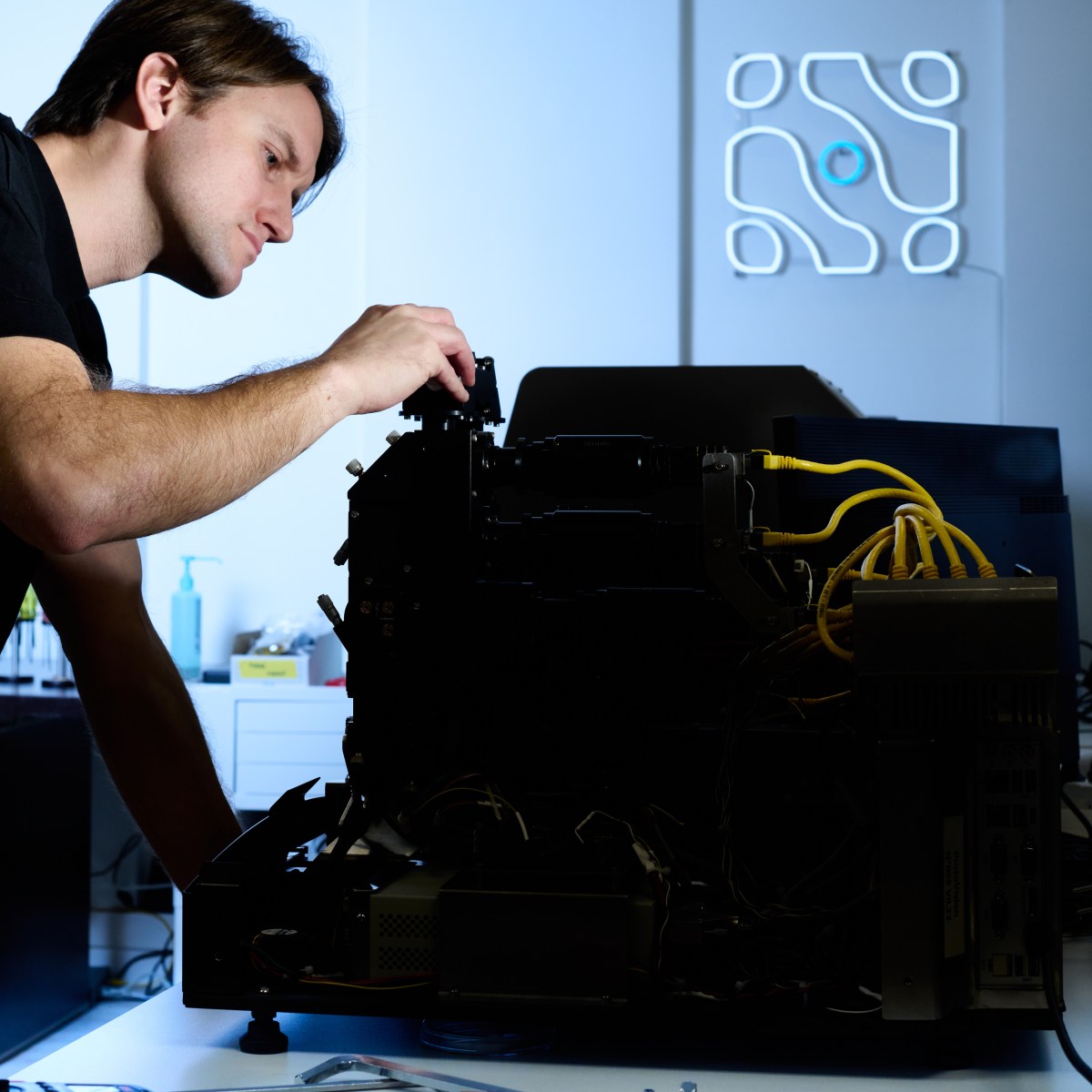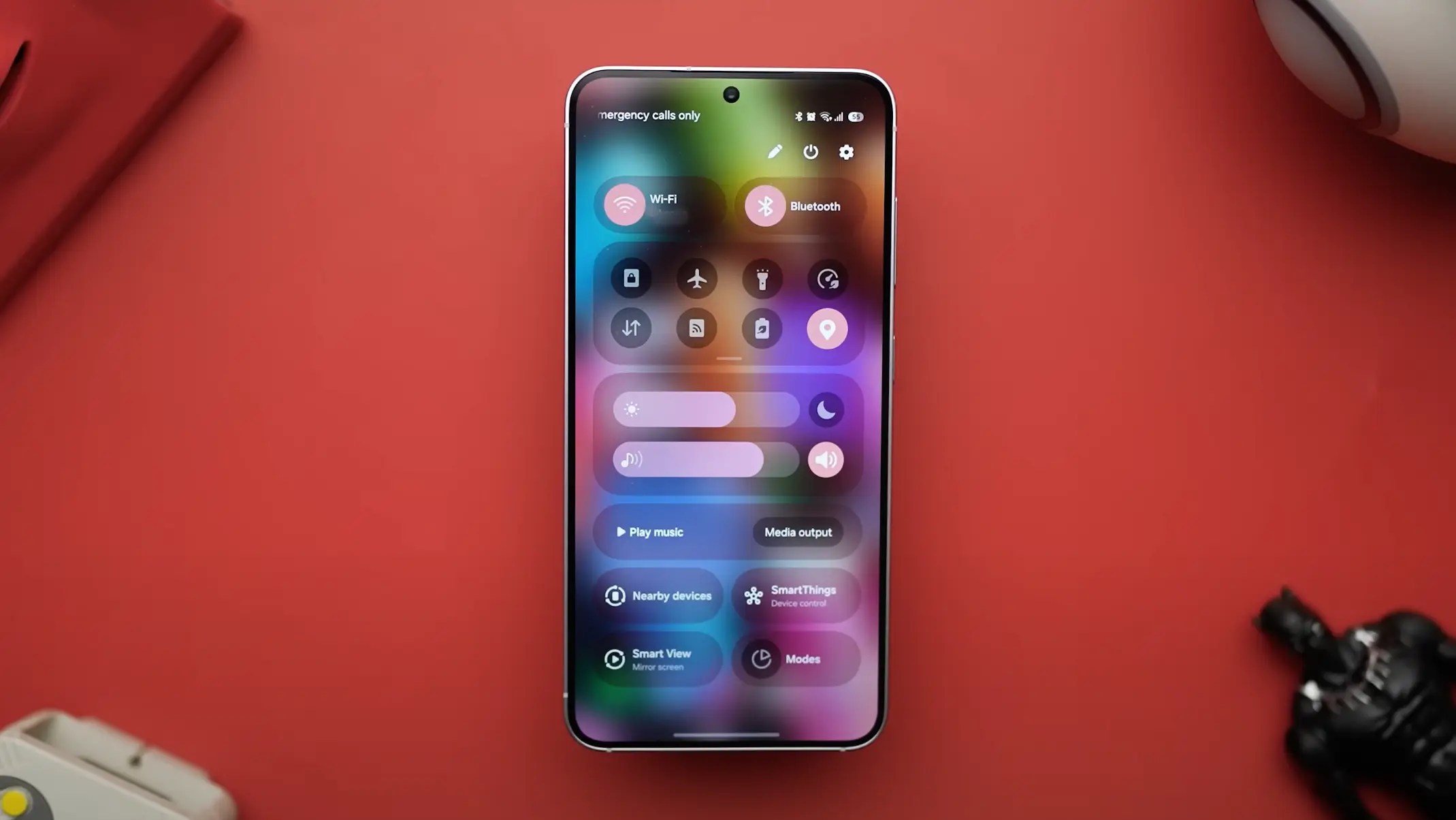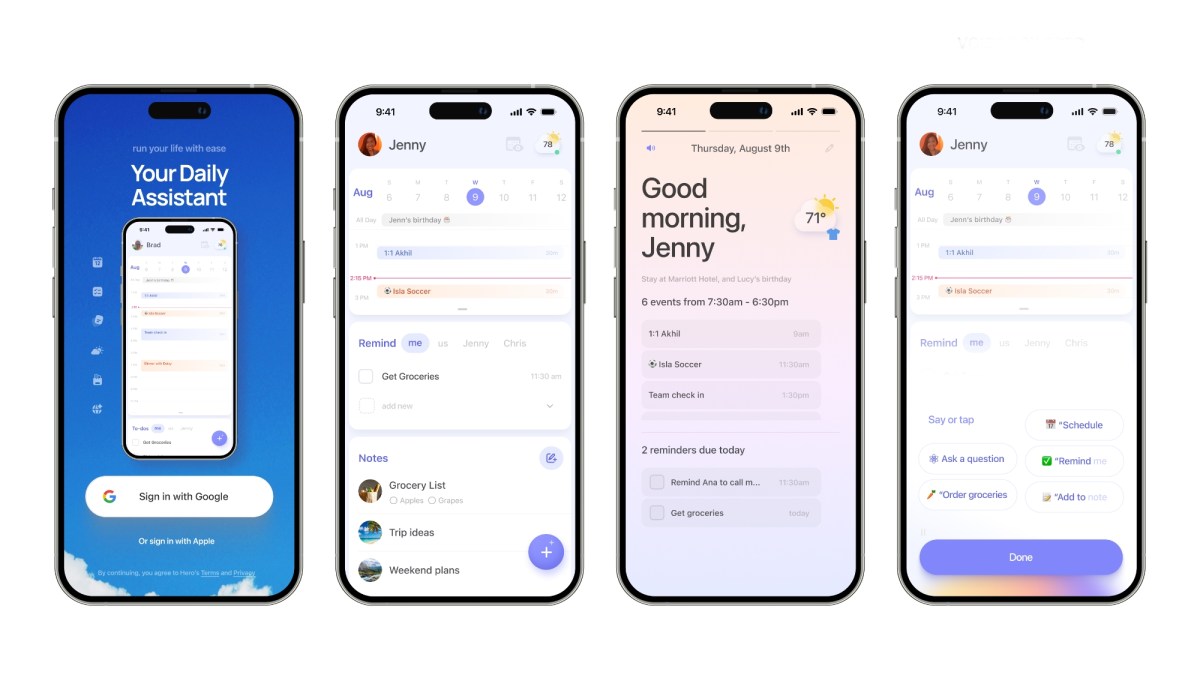Introduction to Spore.Bio and its Mission
The food and beverage industry is particularly vulnerable to the catastrophic effects of recalls due to contamination incidents. These incidents not only result in significant financial losses through fines and damages but also have long-lasting impacts on a brand’s reputation.
The Role of Spore.Bio
To mitigate such risks, Spore.Bio, a Paris-based deeptech startup, is revolutionizing microbiology testing. Following an €8 million pre-seed round raised approximately a year ago, equivalent to $8.3 million at current exchange rates, the company has now secured a substantial $23 million Series A round.
Funding and Investors
Singular is leading this funding round, with participation from Point 72 Ventures, 1st Kind Ventures (the family office of the Peugeot family), Station F, and Lord David Prior. Additionally, existing investors such as LocalGlobe, No Label Ventures, and Famille C are increasing their investment in the company.
Market Demand and Growth
The rapid succession of funding rounds for Spore.Bio is largely attributed to the genuine interest from potential customers. The startup has already secured commercial contracts that could cover up to 200 factories, prompting the need for a waitlist to manage demand effectively.
Innovative Technology
The traditional method of microbiological testing in the food and beverage industry is time-consuming, requiring several days for results. This involves sending samples to specialized labs for testing. In contrast, Spore.Bio’s technology offers a groundbreaking solution by utilizing light at specific wavelengths to detect bacteria or pathogens in samples, significantly reducing the testing time.
Process Explanation
Co-founder and CEO Amine Raji explained the inefficiency of current testing methods, highlighting the contradiction between the optimized manufacturing processes and the lengthy testing times. The traditional petri-dish-based testing not only requires offsite facilities due to contamination risks but also takes considerable time for bacteria incubation.
Spore.Bio’s Solution
Spore.Bio pioneers a different approach by sending light of specific wavelengths towards a sample and analyzing the spectral signature. Armed with a pre-trained deep learning algorithm, the company can quickly identify the presence of bacteria or pathogens in the sample.
Strategic Partnerships
The startup has formed a strategic partnership with the Pasteur Institute, gaining access to its extensive biobank of bacteria samples. This collaboration is crucial for refining Spore.Bio’s model, its most valuable asset.
Future Plans
In the near future, Spore.Bio plans to manufacture testing machines that clients can utilize directly within their factories. This on-site testing capability promises to reduce the overall testing process from days to mere minutes, revolutionizing the industry’s standard practices.

Background and Expansion
Before founding Spore.Bio, CEO Amine Raji worked as a food and beverage manufacturing engineer at Nestlé, naturally focusing on an industry he was familiar with. However, the application of Spore.Bio’s technology extends beyond the food and beverage sector, with interest also coming from cosmetic and pharmaceutical manufacturers.
Diverse Applications
In the cosmetics industry, there’s a pressing need to eliminate preservatives due to customer preferences and environmental concerns. Similarly, in pharmaceuticals, especially for innovative therapies like gene and cell therapy, the short shelf life of products necessitates rapid testing solutions that traditional methods cannot provide.
Company Growth
With the Series A funding, Spore.Bio anticipates significant team growth, from the current 30 employees to 50 by the end of 2025, underscoring the company’s ambitious plans for expansion and impact across multiple industries.
Source Link





